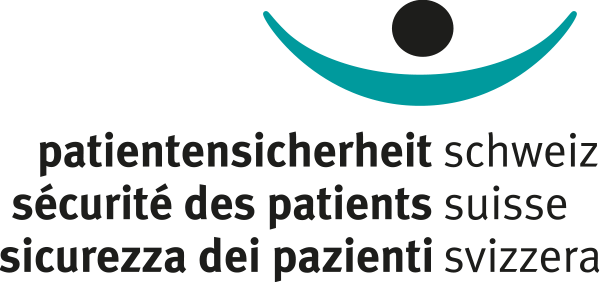
Diseases of the Gallbladder and Biliary Tract, including Tumours
Do you have any questions? Benefit from personal advice on second medical opinion and choice of hospital:
+41 41 228 09 94
Various factors increase the risk of developing a gallbladder disease:
-
Combination of tobacco and excessive alcohol consumption
-
Unhealthy eating habits (cholesterol-rich foods, too little dietary fibre, too much red meat, and processed meat products like sausage) over the years
-
Pre-existing conditions
- Diabetes
-
Lack of exercise and overweight
-
Family or genetic predisposition
Your guides:
Your checklist:
Further information:
The most common disease of the gallbladder is caused by gallstones, which are formed when the bile composition comes out of equilibrium and individual constituents crystallise. Gallstones (even numerous or large ones) can cause only mild symptoms, such as a feeling of fullness or flatulence, or none at all for a long time. Acute symptoms can occur when a stone clogs the bile duct and the gallbladder tries to expel its contents through increasing contractions. The people affected experience this as very painful biliary colic, which typically occurs during a meal and can be accompanied by belching, nausea and vomiting.
If symptoms arise, you are faced with the question of whether you should only treat the symptoms or have an operation.
Therapy without an operation provides these treatment focuses under medical supervision:
-
If symptoms such as cramp-like pain occur, they can be relieved with medication. However, such symptoms can be permanently prevented only by removing the gallbladder.
-
Light and low-fat diet
-
Increased fluid intake
-
Physical rest
Gallstones also increase the risk of developing gallbladder and bile ducts cancer.
Your guides:
Your checklists:
Further information:
CONCORDIA has commissioned the institute B,B,S. Economic Consultants in Basel to evaluate the treatments and operations of diseases of the gallbladder and bile duct in all Swiss acute care hospitals – independently, neutrally, and according to statistical quality criteria.
The quality of inpatient treatment was assessed, along with the length of stay and the hospital costs.
-
During a personal conversation, we will show you, on the basis of the results, which hospitals throughout Switzerland have excelled over the years in the treatments and operations of diseases of the gallbladder and bile duct, in terms of quality and efficiency.
-
Use our consulting offer to find out which hospital is most suitable for your treatment.
-
Naturally, you still have the choice of when and where you would like to be treated, in line with your basic and supplementary insurances.
Tumour board: Collective knowledge
If you are unsure about whether the operation is necessary, you can seek an independent and neutral second medical opinion. If you are covered by a hospital insurance at CONCORDIA, a second medical opinion is free of charge if you apply for it via the Lucerne Cantonal Hospital (LUKS).
Exactly what form rehabilitation and aftercare will take after an operation in the hospital for cancer of the gallbladder depends on the treatment, the prognosis and your state of health.
Physical recovery and rehabilitation are in the foreground, but the psychological stress must be processed. It usually takes a while for nutrition, digestion and metabolism to return to normal. Pain and nausea can be relieved in most cases.
Further key aspects of aftercare:
-
Outpatient oncological follow-up checks with therapy recommendations from conventional medicine, and possibly from complementary medicine or palliative care.
-
Possible rehabilitative measures to maintain or support your physical and psychological health.
-
Medication to support the metabolic and digestive functions and, if necessary, for pain and nausea.
-
Nutritional counselling and weight control
-
Avoid alcohol, minimise further risks
-
Living with a chronic illness requires very good self-management in order to be able to successfully master the various challenges in everyday life. concordiaCoach can support you in finding good solutions.
-
Get vaccinated against influenza in good time before the flu season. The best time is between mid-October and mid-November.
Your guides:
Further information:
Give us your feedback: What experiences have you had with the CONCORDIA Health Compass? Do you have questions about using it?
What suggestions do you have for us? Or maybe you didn't find what you were looking for?
Call us on +41 41 228 09 94. Or write your message to healthcompass@concordia.ch.
We would be happy to provide further assistance.




